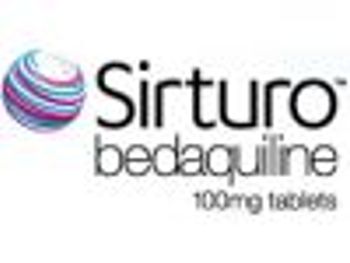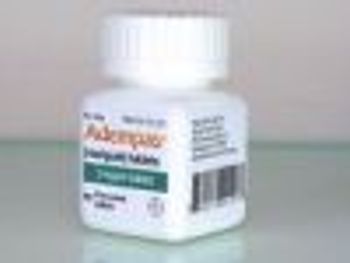
Nov/Dec 2013



Specialty pharmacists can help patients achieve successful outcomes in the treatment of hepatitis C by providing comprehensive clinical consultations on triple therapies.



As attention on the management of biologic agents increases, payers anticipate the first biosimilar entrant into the US market.

A specialty pharmacy is defined not by the site of care but the model of care and the type of services it provides to patients.

Pharmacists can improve patient adherence by providing education on the importance of keeping medications within proper temperature range.

Organ transplant patients face unique challenges and can benefit from the support of a specialized pharmacy team.

A streamlined prior authorization process can increase administrative efficiency and improve health information security.

Specialty medication management programs offer plan sponsors a way to rein in costs, uncover hidden drug charges, and close the "oversight gap."

High-tech communication solutions allow pharmacists and patients to work together to overcome barriers to the administration and management of complex medication regimens.

Specialty medications on the path to approval include 2 new hepatitis drugs.

With proper instruction from specialty infusion therapy providers, self-administration in the home setting is a feasible option for many patients and can greatly improve quality of life.

Specialty Pharmacy Times' editor-in-chief looks at the highlights of 2013 and considers the issues and trends poised to impact the future of specialty pharmacy.
